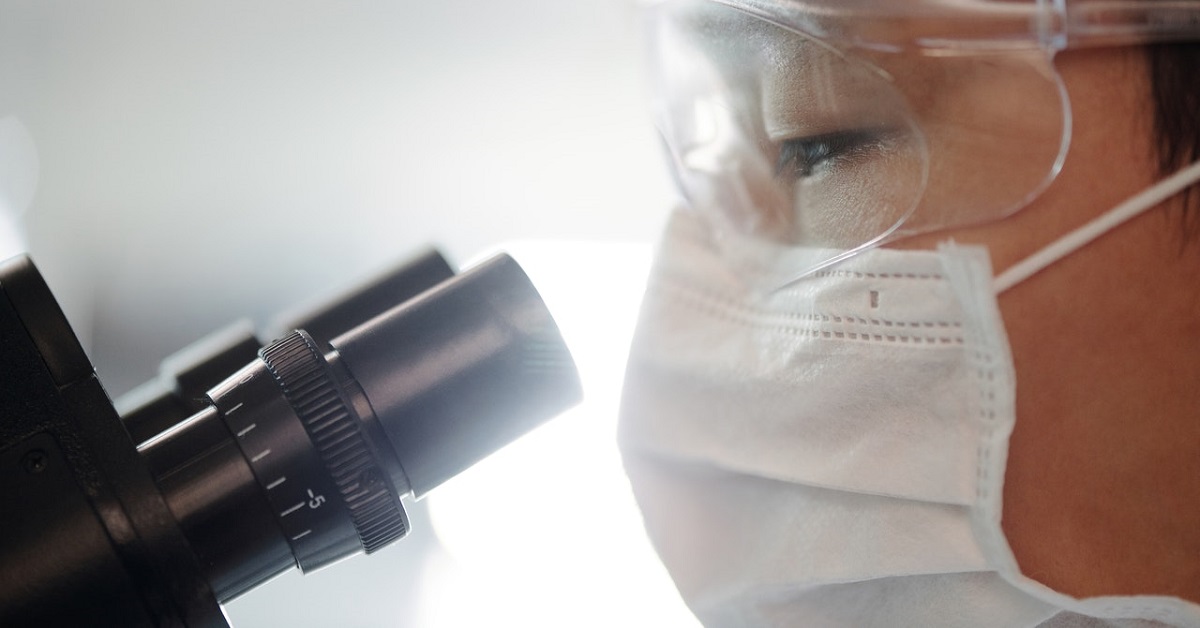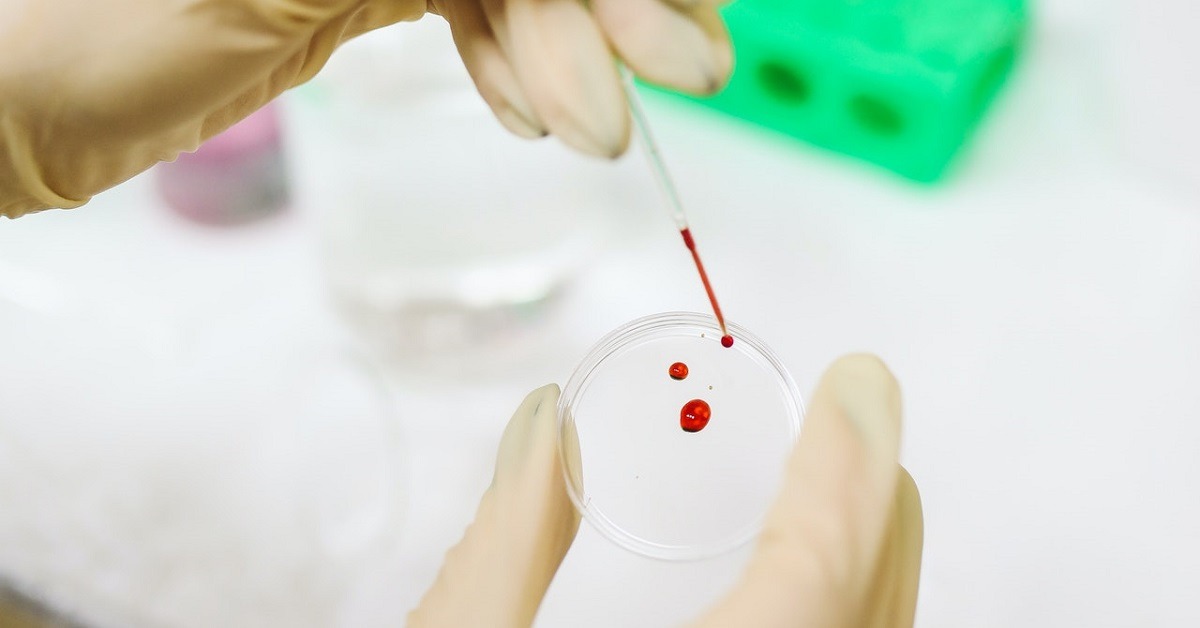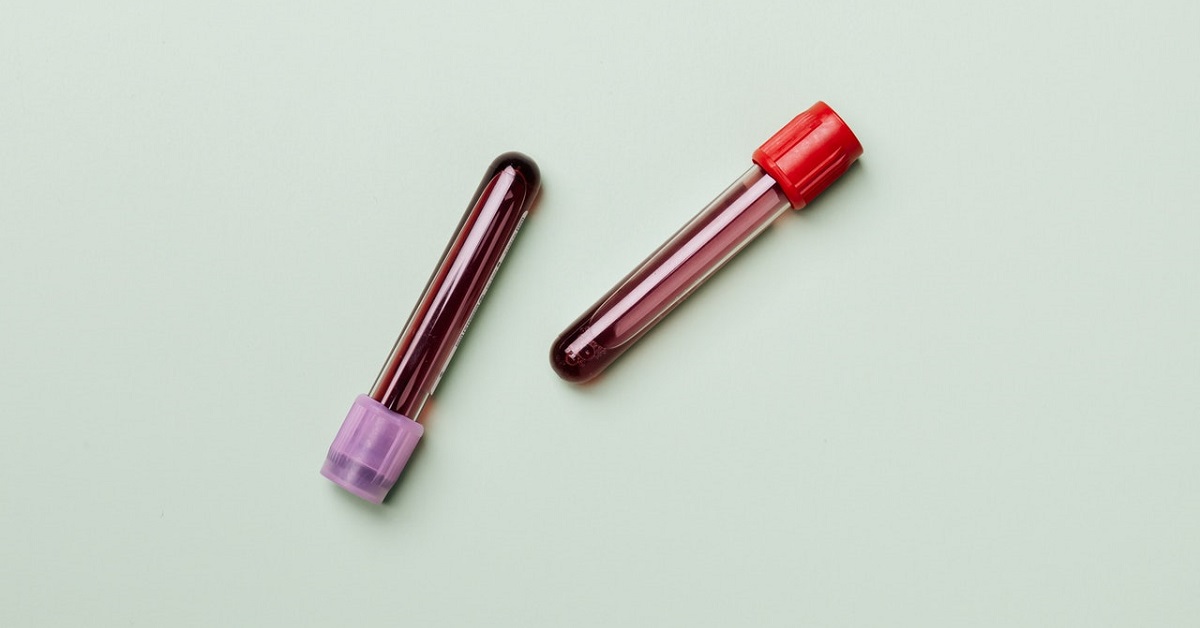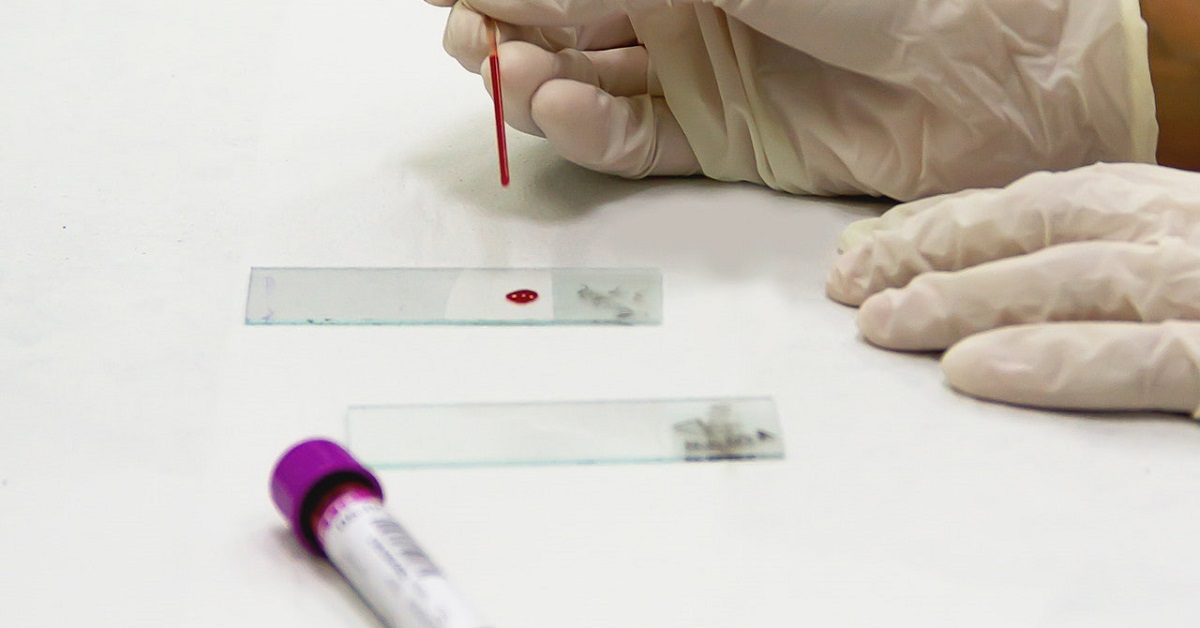Styvechale Pharmacy

Blood components such as cells, chemicals, proteins, and other elements are measured or examined using blood tests. These tests are also known as blood work and are among the most widely used lab test types. Often, blood tests are performed as part of a regular check-up. Continue reading to find out more about blood testing in Coventry.
What can be detected in blood testing in Coventry?
One of the most popular and widely used types of medical testing is the blood test.
For instance, blood tests can be used to:
– Check the status of your overall health
– Check if you have a disease
– Determine how effective specific organs are, like the kidneys and liver
– Look out for some genetic disorders
A pharmacist, nurse, doctor or phlebotomist can usually complete a blood test in a few minutes.

Preparing for blood testing
The medical practitioner in charge of setting up your blood test will let you know whether there are any particular instructions you need to follow before the test.
You might need to do the following things depending on what type of blood test you are taking:
– Fast for about 12 hours, only drinking water.
– Discontinue using some medications.
You must strictly adhere to the directions given to you because doing otherwise could result in the test being rescheduled or repeated.
What takes place during a blood test?
Blood is commonly drawn for a blood test from a vein in your arm. The arm is a suitable body part to use due to its ease of exposure. The most common place for a sample is the inside of the wrist or elbow, where the veins are relatively close to the surface.
Typically, blood samples are collected from the back of a child’s hand. Before the sample is taken, their skin is anaesthetised using a special spray or ointment.
A tourniquet is often wrapped around the upper arm. This causes the vein to expand and squeeze the arm, briefly stopping blood flow. This greatly simplifies the procedure of getting a sample.
Your pharmacist may use an antiseptic wipe to clean the skin area before taking the sample. The next step involves piercing your vein with a needle attached to a syringe or other particular container. A sample of blood is drawn using a syringe. As the needle is inserted, you might get a slight pricking or scratching sensation, but it shouldn’t hurt. Tell the person taking the sample if you are scared of blood or needles so they can make you feel comfortable.
After the sample has been collected, the tourniquet is removed and the needle is taken out. A cotton-wool pad is used to press on the skin for a few minutes. To keep the tiny wound clean, cover it with a plaster.

After the examination
There shouldn’t be any negative effects because only a sample of blood is extracted throughout the test. However, some individuals experience light-headedness and fainting both during and after the test. Inform the person doing the test if this has occurred in the past so they can put your mind at ease.
You might have some bruises at the site of injection after the test. Although bruises are uncomfortable, they are typically not harmful and usually go away in a few days.
What different types of blood testing are there?
Blood tests come in many different varieties. Here are a few examples:
– Full Blood Count (CBC). This test examines platelets, haemoglobin, red and white blood cells, among other blood components. CBCs are frequently run as part of a regular check-up.
– Fundamental Metabolic Panel. These tests measure the amounts of calcium, electrolytes, and glucose in your blood.
– Blood Enzyme Tests. Molecules called enzymes control chemical reactions in your body. There are many blood enzyme tests available. Two of the most used tests are those for Troponin and Creatine kinase. These examinations establish whether you’ve had a heart attack and whether your heart muscle has been hurt.
– Blood tests are also done to check for cardiac problems. Triglyceride and cholesterol testing are a couple of them.
– Blood clotting tests, which are commonly known as coagulation panel testing. These tests can reveal if you suffer from a disorder that results in clotting or excessive bleeding.

Can I get blood testing at the pharmacy?
All of your medicines can be reviewed by a pharmacist, who can also describe how they work. Moreover, they can schedule extra tests like blood tests and do health checks like taking your blood pressure.
For reliable blood testing in Coventry, visit or book your appointment with Styvechale Pharmacy today! Check out our blood testing service page for more information.
Blood Testing Service Choose Your Time
This blog post was written on behalf of Styvechale Pharmacy by Pharmacy Mentor.
